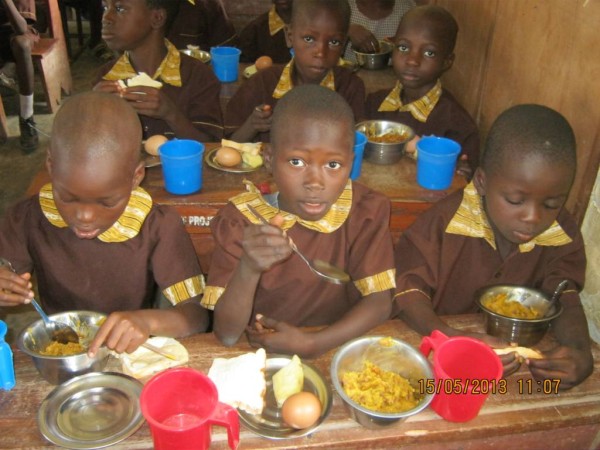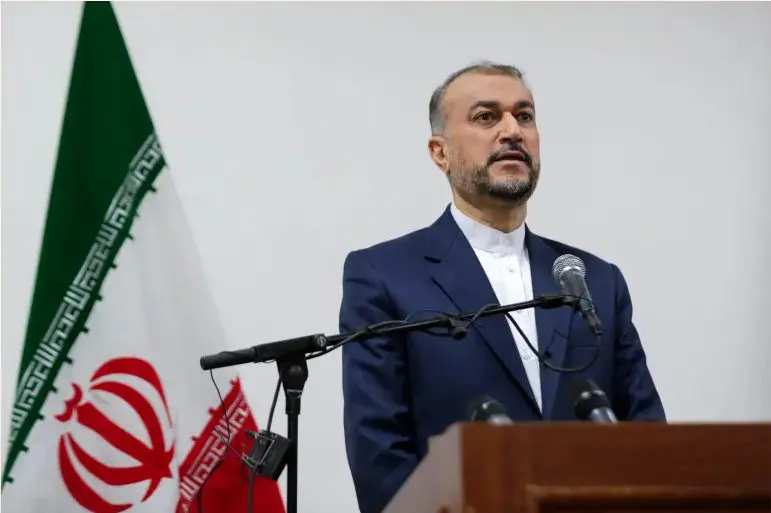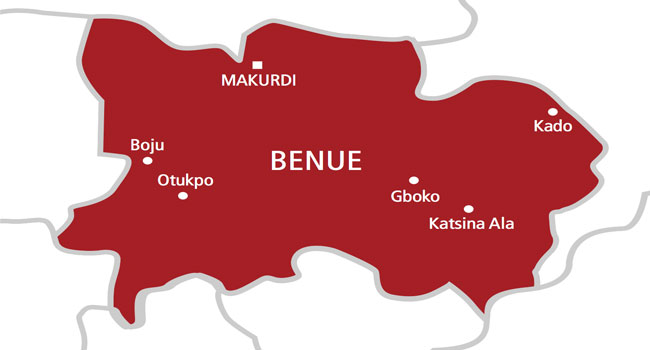EDITORIAL: Southwest Children And Stunted Growth


Like the proverbial stone rejected by the builder but which has become the head corner stone, so also is the story, as indeed the wisdom behind the flagship programme of the government of the State of Osun – the Osun Elementary School Feeding and Health Programme, (O’MEALS).
Speaking at a two-day media interaction on child nutrition in Ibadan on Tuesday, UNICEF Nutrition Specialist, Akure Field Office, Ada Ezeogu, gave a chilling report that over 1.5 million children under five years in the Southwest and Edo needs urgent intervention to address their stunted growth. The situation across the country, she would also add, is no less grim: An estimated 17 million or 43.6 per cent of children in Nigeria under the age of five have their bodies and minds limited by stunting.
Going further down to the Southwest states, Ogun is said to have the highest incidence with 26.1 per cent or 277,462 children. Although, she did not give the corresponding figures for other states in the southwest, it seems highly plausible that Osun – with its far-sighted policies on adolescent nutrition, would be among the lowest. To describe the situation as scary is to put things mildly. Here, we are referring to “severe, irreversible physical and cognitive damage caused by chronic malnutrition early in a child”. Aside being one of the most significant barriers to human development, the public health issues directly related to the phenomenon must be seen as grave enough.
If we may echo the words of the UNICEF chieftain: “We cannot continue to fold our hands and stand aloof with such issues staring us in the face, most especially, when those affected are vulnerable in society”. In doing that also, we must not fail to salute the unparalleled foresight of the governor of Osun, Ogbeni Rauf Aregbesola for embedding child-nutrition programmes into its educational reforms.
When the administration launched the school feeding programme on April 30, 2012, we recall only too well that many of its critics had dubbed it as yet another brainwave of the activist governor. But then, like the mustard seed, the administration plodded on, putting its money where its hearts was, convinced it was the right thing to do. That the tiny seed, as indeed many other ancillary seeds sown, have combined to launch the state on the path of qualitative growth while also earning her international recognition can only be a reflection of the profoundness of the vision and the quality of thought that went into its making.
Today, if Osun children have been adjudged among the healthiest, it is only because the state economy has also responded well to the challenge. We refer to the thousands of community caterers engaged for the programme, the enhanced capacity building over the course of the last six years, the spin-offs in backwards integration, process improvements and the overall improvement in the economic climate. That all of these have redounded in the improved health status of children and adults alike could only have happened because the state is blessed to have at the helm, a leader driven by a sense of purpose.
We think other leaders in the Southwest can learn, borrow a thing or two from the O’MEALS programme of the State of Osun to address the problem. Considering that the future of our children is at stake, time of course is of the essence. But then, just as we have seen of the example of Osun, it is do-able if the will is there.










